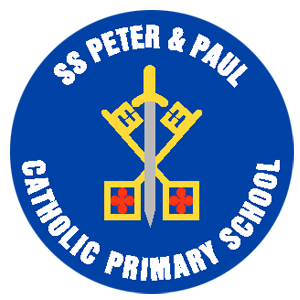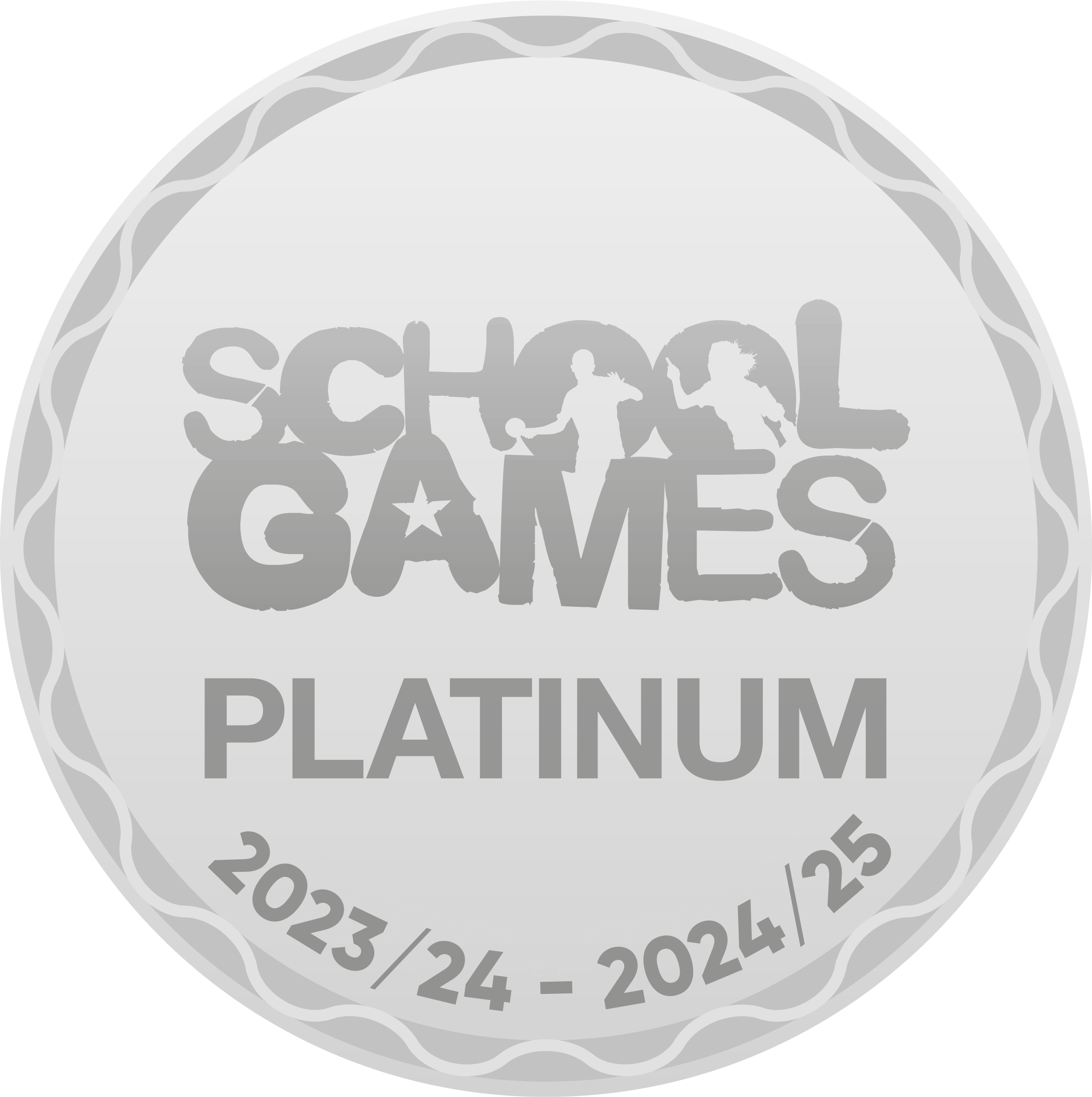Mathematics
At SS Peter and Paul Catholic Primary we offer all of the children the opportunity to become fluent mathematicians, who have frequent opportunities to master their learning through both the maths curriculum and the wider curriculum offer, including the use of creative contexts for learning.
We deliver a mastery curriculum to all pupils, which allows children (of all abilities) to develop a deep knowledge of mathematical skills and to apply these within a variety of contexts. This is achieved through precision curriculum planning and lesson design, focusing carefully on vocabulary development.

Take a look at some of the recent Pupil Voice feedback:
What do you think of your retrieval grids?
Y6: "I like them because my brain is warmed up, I am ready to learn, and I know what I am doing."
Y4: "I like them because it gets my brain warmed up and working, it also helps me to go quicker because I practise them every day."
Y5: "It help me to remember the things have learned before. "
How do you learn your times tables?
Y6: "we sing our times tables song; this is helping me get my times tables stuck in my head so I remember them."
What is on the working wall that you find helpful?
Y6: "I find the place value useful and how to be an expert reasoner. The long-division; it reminds me how to do it."
Y4: "I find the column addition and bus stop method to help me if I wasn’t sure of the answer. The vocabulary on there helps me with my spelling."
Y2: "I think the times tables on ours are useful because it helps me with mine."
Intent
At SSPP, we strive for our children to be successful and proficient mathematicians who can solve problems, fluently recall facts rapidly and reason mathematically while justifying their reasoning. This will provide them with the essential life skills required to be financially capable while understanding and contributing to the world around them. It will allow them to create solutions to problems in a magnitude of settings. To be successful, pupils should display curiosity, resourcefulness, bravery and flexibility.
Characteristics of a Mathematician
An understanding of the important concepts and an ability to make connections within mathematics.
A broad range of skills in using and applying mathematics.
Fluent knowledge and recall of number facts and the number system.
The ability to show initiative in solving problems in a wide range of contexts, including the new or unusual.
The ability to think independently and to persevere when faced with challenges, showing a confidence of success.
The ability to embrace the value of learning from mistakes and false starts.
The ability to reason, generalise and make sense of solutions.
Fluency in performing written and mental calculations and mathematical techniques.
A wide range of mathematical vocabulary.
A commitment to and passion for the subject
National Curriculum
The 2014 National Curriculum outlines the expectation that all pupils will:
Become FLUENT in the fundamentals of mathematics, including through varied and frequent practice with increasingly complex problems over time, so that pupils develop conceptual understanding and the ability to recall and apply knowledge rapidly and accurately.
REASON MATHEMATICALLY by following a line of enquiry, conjecturing relationships and generalisations and developing an argument, justification or proof using mathematical language.
SOLVE PROBLEMS by increasing their mathematics to a variety of routine and non-routine problems with increasing sophistication, including breaking down problems into a series of simpler steps and persevering in seeking solution.
Maths Policy
How we teach calculations:
These documents can be used to support your children learning at home. They explain what calculations they are learning/using in their year group.
Reasoning Policy
Assessing Pupil Progress
Year 1 NE maths Year 2 NE maths Year 3 NE maths
Year 4 NE maths Year 5 NE maths Year 6 NE maths
SMSC in Maths
Multiplication Tables
To support the children to remember their multiplication tables, we are learning to roll our numbers:








